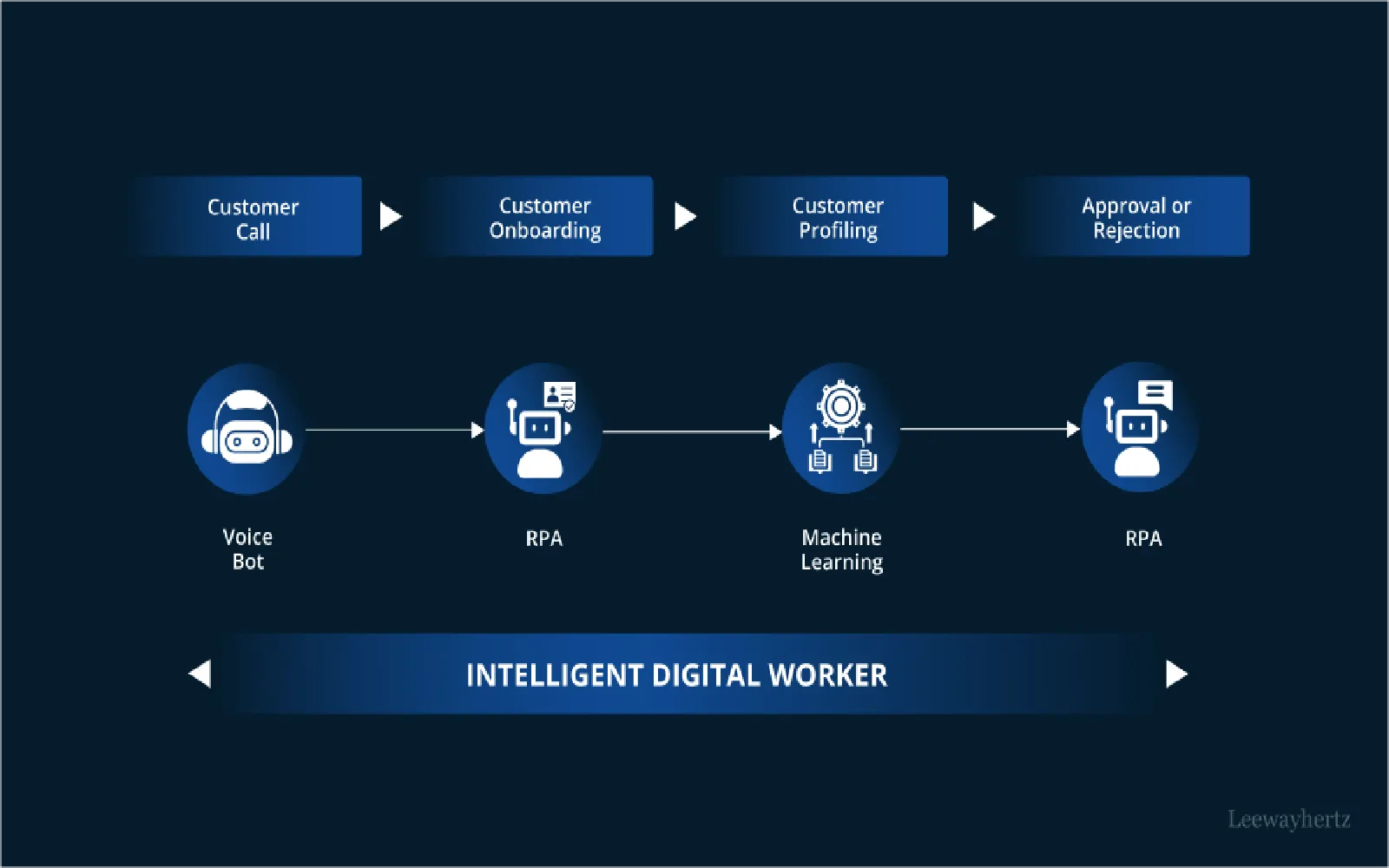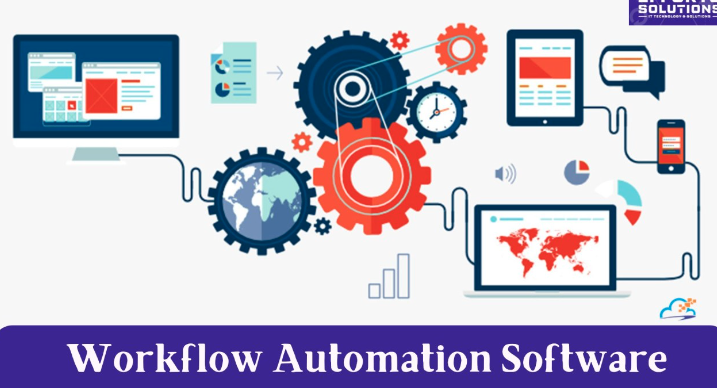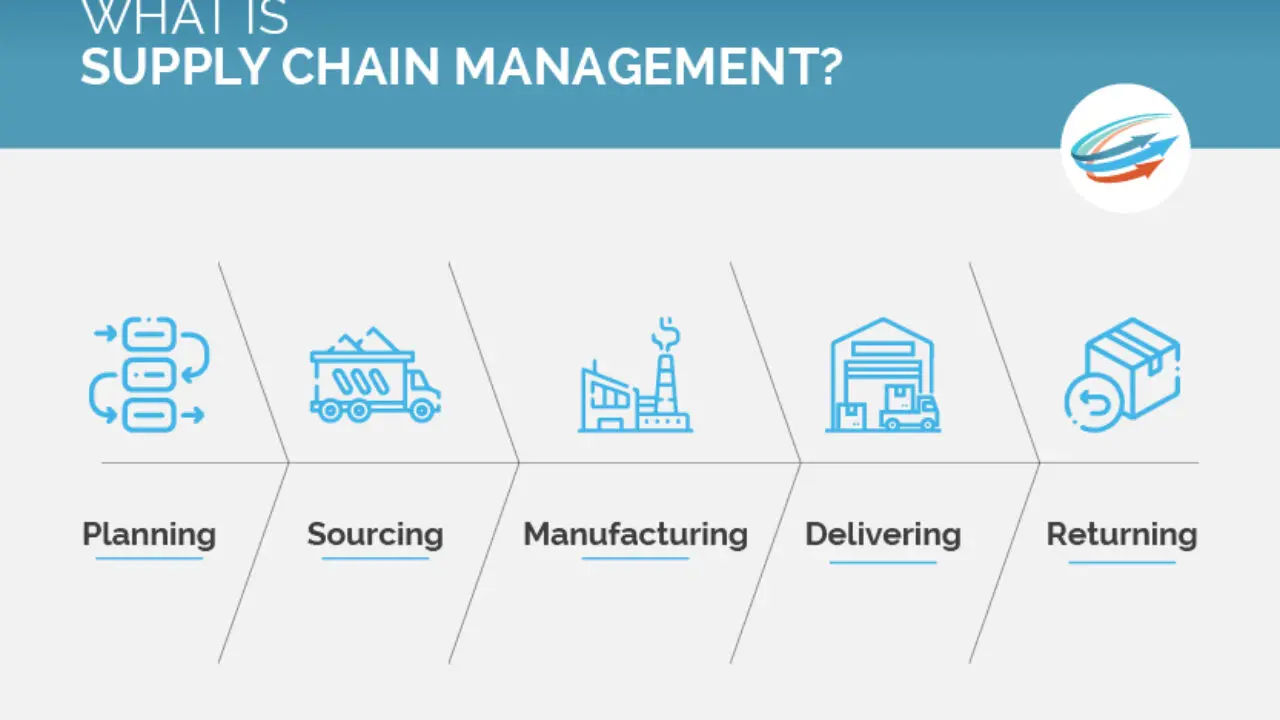Understanding Marketing Automation
In the fast-paced digital landscape, businesses are constantly seeking ways to enhance their efficiency and effectiveness. Marketing automation tools have emerged as game-changers for companies aiming to streamline their marketing efforts, drive growth, and improve customer engagement. These tools help automate repetitive tasks, allowing marketers to focus on strategy and creativity while ensuring that their messaging reaches the right audience at the right time.
Key Features of Marketing Automation Tools
When evaluating marketing automation software, it’s essential to consider several key features that contribute to overall effectiveness:
- Email Marketing: Automate your email campaigns to nurture leads and engage customers.
- Lead Scoring: Identify and prioritize leads based on their interactions with your brand.
- CRM Integration: Seamlessly integrate with customer relationship management systems for a unified view of customer interactions.
- Analytics and Reporting: Gain insights into campaign performance and customer behavior.
- Social Media Management: Schedule and manage social media posts across platforms.
- Personalization: Customize content based on user behavior and preferences.
Top Marketing Automation Tools for Growth
Here is a comprehensive overview of some of the best marketing automation tools available in the United States, designed to foster growth for businesses of all sizes:
| Tool | Key Features | Best For |
|---|---|---|
| HubSpot | Email marketing, CRM integration, analytics | Small to medium-sized businesses |
| Marketo | Lead management, personalization, multi-channel marketing | Enterprise-level organizations |
| ActiveCampaign | Email marketing, automation workflows, CRM | Small businesses and startups |
| Mailchimp | Email campaigns, audience segmentation, analytics | Small businesses and e-commerce |
| Drip | E-commerce automation, customer journey mapping | E-commerce businesses |
| Salesforce Pardot | Lead scoring, CRM integration, analytics | B2B organizations |
1. HubSpot
HubSpot is one of the most popular marketing automation tools, particularly among small to medium-sized businesses. Its user-friendly interface and comprehensive features make it an excellent choice for those looking to manage their marketing campaigns effectively. HubSpot offers everything from email marketing to CRM integration, enabling businesses to nurture leads and analyze performance effectively.
2. Marketo
Marketo is a powerful tool focused on lead management and multi-channel marketing. It’s particularly suited for enterprise-level organizations that require advanced features for managing large volumes of leads. Marketo’s robust analytics capabilities allow businesses to personalize campaigns and optimize their marketing strategies based on real-time data.
3. ActiveCampaign
ActiveCampaign combines email marketing, automation workflows, and CRM capabilities in one platform. This tool is ideal for small businesses and startups looking to automate their marketing efforts without overwhelming complexity. Its automation features allow users to create personalized campaigns based on customer behavior, enhancing engagement and conversion rates.
4. Mailchimp
Mailchimp is well-known for its ease of use and affordability, making it a popular choice among small businesses and e-commerce platforms. It offers essential features like email campaigns, audience segmentation, and analytics, helping businesses create targeted marketing efforts that drive results.
5. Drip
Drip is tailored for e-commerce businesses, focusing on customer journey mapping and automation. Its features allow businesses to engage with customers at various touchpoints, optimizing the shopping experience and increasing conversions. Drip’s unique approach to e-commerce marketing helps brands build lasting relationships with their customers.
6. Salesforce Pardot
Salesforce Pardot is a premier choice for B2B organizations looking to enhance their lead scoring and CRM integration capabilities. Its advanced analytics and reporting features help businesses track and analyze their marketing efforts. Pardot’s emphasis on nurturing leads through personalized content ensures that businesses can effectively convert potential customers into loyal clients.
Choosing the Right Tool for Your Business
When selecting a marketing automation tool, consider your specific business needs, budget, and the scale of your marketing operations. Each tool mentioned has unique features that cater to different audiences. Evaluating these aspects can help you choose a tool that aligns with your growth objectives.
Conclusion
In an age where digital marketing is essential for business success, leveraging the right marketing automation tools can significantly enhance your growth strategy. Whether you are a small business or a large enterprise, investing in a marketing automation solution can help streamline your efforts, engage customers effectively, and ultimately drive revenue. Explore the options available and choose the tool that best fits your business goals to stay ahead in the competitive landscape.









